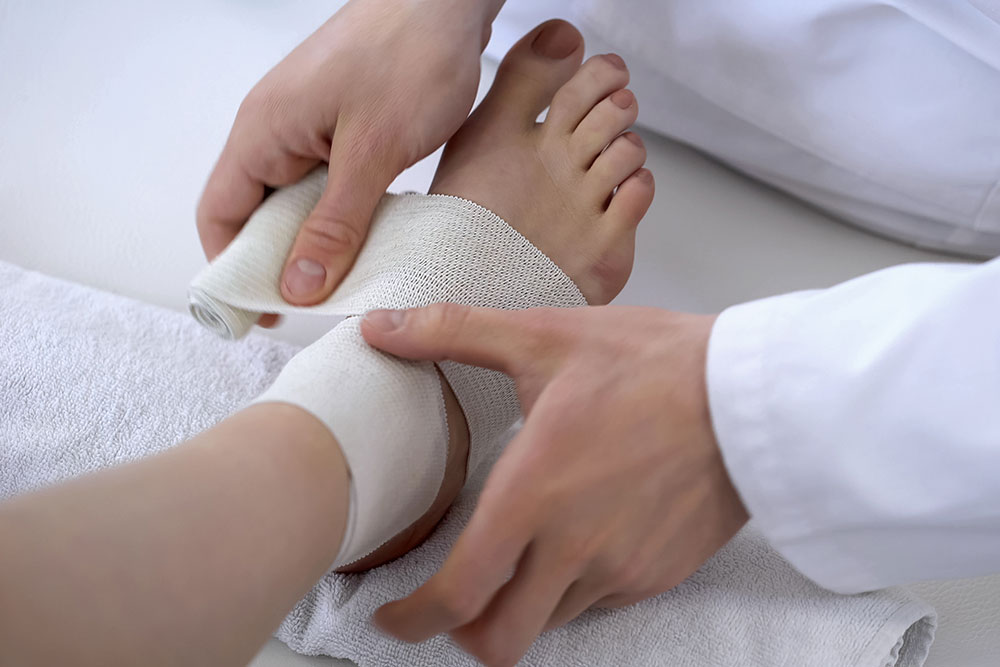All animals are capable of biting and scratching, even if they are your pets. Smaller animals like rats, mice, and rabbits inflict smaller scratches, while large animals like cats and dogs can cause severe wounds. Bites and scratches expose individuals to potential hazards transmitted through contaminated saliva, secretions, or blood. These injuries are largely preventable through proper training in animal handling techniques.
What are animal bites and scratches?
Animals usually attack when they are provoked. When provoked, they are capable of causing severe wounds. Animal bites are common, accounting for about 1% of ER visits in the United States. Most of these visits are from dog and cat bites, with dog bites being more common. Proper wound evaluation and treatment are essential to preventing complications or possible infections.
Evaluation
Healthcare providers are trained to understand and recognize low-risk versus high-risk wounds and how to properly treat animal bite wounds. With proper localized wound care, the right selection of antibiotics, and identifying patients who need additional treatment, healthcare professionals can provide appropriate treatment and care for patients with animal bites and scratches.
Animal bites and scratches are closely evaluated to prevent serious complications. A neurologic examination is done to make sure that no underlying nerve injury has occurred. Deep and complicated wounds that involve the joints, muscles, or tendons may require a surgical evaluation or more aggressive cleaning and treatment. The wound is also carefully evaluated to ensure that no muscle or tendon damage has occurred.
Radiographic (x-ray) imaging is sometimes needed because animal bites can cause tissue trauma, deep puncture wounds, and fractures to underlying bone structures. Animals may also leave broken teeth or other foreign bodies in a bite wound.
Treatment
First Aid for Animal Bites and Scratches
- Clean the wound under running water. Use soap to clean the wound thoroughly, and cover it with a bandage to prevent further contamination of the area.
- Hold pressure, if necessary, to stop the bleeding.
- If the injury is deep and wide, seek medical assistance immediately, as unattended or open wounds can lead to severe infections.
Antibiotic treatment
Cat and dog bites often result in infection due to the transfer of bacteria. Antibiotics are used to treat infections that may result from animal bites or scratches. Amoxicillin-clavulanate is the first-line therapy given for the prophylactic treatment of animal bites. Patients who are allergic to penicillin are given an alternative antibiotic or a combination of other medications.
Tetanus vaccination is recommended after an animal bite if it has been more than 5 years since the patient has been immunized.
Contact us
In cases of urgent medical care assistance, AfterOurs Urgent Care offers immediate telemedicine services, where medical providers are available to offer assistance. Anyone who experiences signs and symptoms requiring urgent medical attention can simply book an appointment with AfterOurs Urgent Care to directly talk to an expert. If your medical issue is not appropriate for telemedicine, we will let you know and refer you to an in-person facility.
When to visit a doctor:
If you are bitten by an animal, you should see a medical provider in order to avoid possible serious complications.
Treatment for animal bites and scratches is available at AfterOurs Urgent Care.
Schedule a Consultation
Are you or your pet suffering from an animal bite? We understand how distressing this can be, and we’re here to help. You can schedule a consultation with our specialist by calling us. Alternatively, you can book the button below. Our team will provide you with the treatment you need and guide you through the recovery process. We’re here to answer any questions you may have, so don’t hesitate to reach out.

